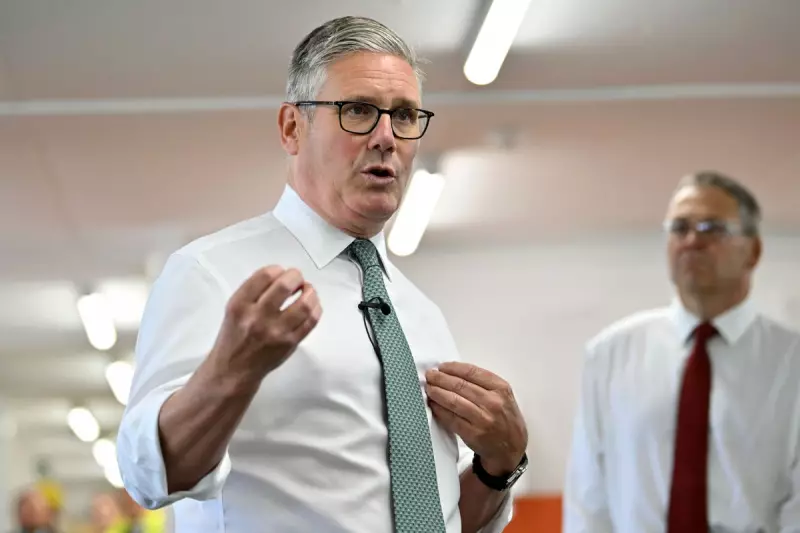
In a significant move that signals the Labour Party's priorities for the upcoming general election, Sir Keir Starmer has appointed seasoned MP Yvette Cooper as the new Shadow Justice Secretary. The strategic cabinet reshuffle places one of Labour's most experienced figures at the helm of the party's justice policy.
Cooper, who previously served as Shadow Home Secretary, brings a wealth of experience in home affairs to the role. Her appointment is widely seen as a move to strengthen Labour's credentials on law and order, a key battleground with the governing Conservative Party.
A Strategic Shift in Labour's Frontbench
The reshuffle comes at a critical juncture for the Labour Party as it seeks to consolidate its lead in the polls and present a united, government-ready team to the electorate. Sir Keir Starmer stated that the changes reflect the party's focus on "restoring trust in the justice system and creating safer communities."
Cooper replaces Steve Reed, who has been moved to the role of Shadow Environment Secretary. This shift indicates a potential hardening of Labour's stance on crime and justice, with Cooper known for her detailed and forensic approach to policy.
What This Means for UK Justice Policy
Political analysts suggest Cooper's appointment signals several key priorities for a potential Labour government:
- Court Backlogs: Addressing the massive backlog of cases in crown courts, which has left victims waiting years for justice.
- Prison Reform: Tackling the crisis of overcrowding and violence within the UK's prison system.
- Victims' Rights: Placing a greater emphasis on the support and rights of victims within the legal process.
Cooper is expected to immediately begin work on developing a comprehensive policy platform to address these challenges, drawing on her extensive experience from the Home Affairs Select Committee and previous ministerial roles.
Reactions and Political Implications
The move has been welcomed by Labour MPs, who see Cooper as a safe pair of hands capable of taking the fight to the Conservatives on traditionally Tory-dominated issues. However, some on the left of the party have expressed concern that it represents a further shift towards centrist, tough-on-crime policies.
With a general election looming, all eyes will be on how Cooper shapes Labour's offer to the electorate on justice – an area that could prove decisive in winning over swing voters.





